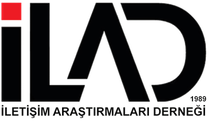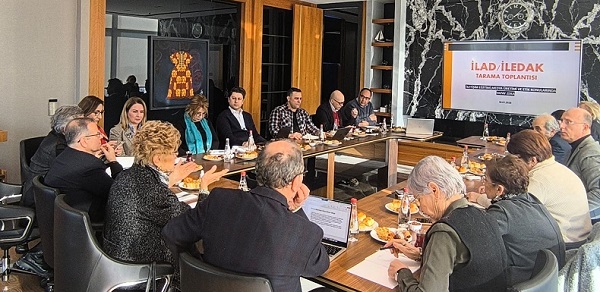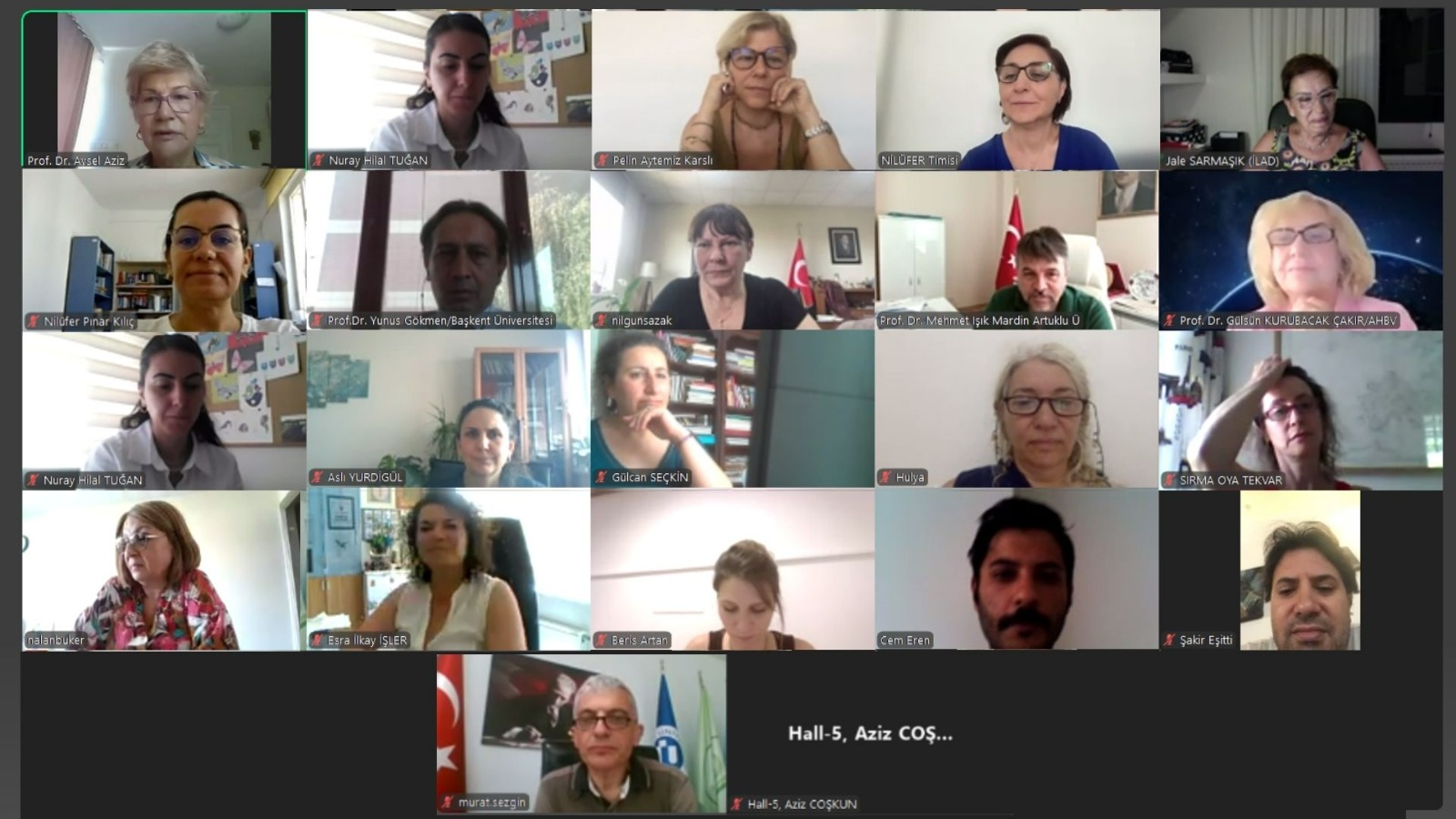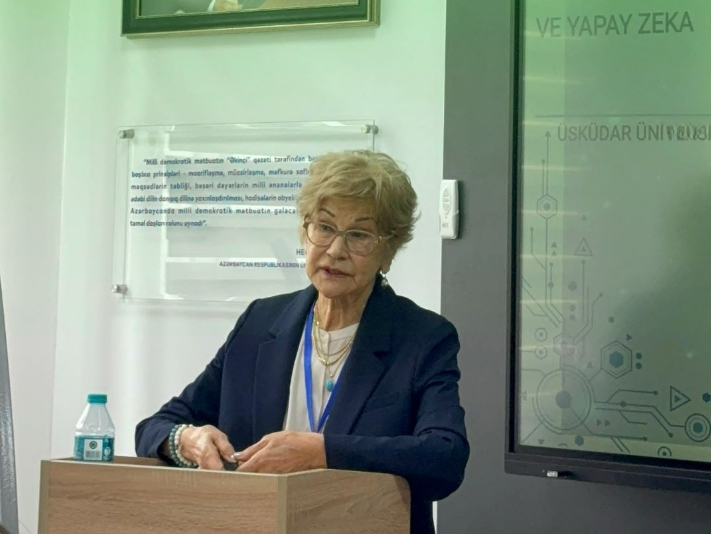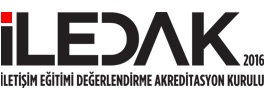İLAD (Communication Research Association) organized a scoping meeting on “The Role of Artificial Intelligence in Communication Education and Media Production” to contribute to its accreditation efforts. The meeting, attended by İLAD and İLEDAK administrators, academics, and industry representatives, took place on Saturday, January 18, 2025, at the TİAK Office. Addressing key topics such as communication and media education, production processes, ethics, and accreditation, the event aimed to foster collaboration between the industry and academia in the use and teaching of artificial intelligence (AI).
The meeting commenced with an opening speech by İLAD President Prof. Dr. Aysel Aziz, who emphasized İLAD’s founding mission and its efforts to enhance the quality of communication education. Aziz stated, “Artificial intelligence has become an inevitable topic in terms of educational integration and accreditation criteria.” She underscored the importance of industry-academia collaboration in this field.
One of the event’s key speakers, Prof. Dr. Halil Nalcaoğlu from Istanbul Bilgi University, warned about the risk of information losing its meaning in an increasingly digitalized world. He remarked, “In an era where information is rapidly consumed, we must leverage the efficiency provided by AI while promoting critical thinking and originality.”
Prof. Dr. Selçuk Hünerli from Istanbul University-Cerrahpaşa highlighted the need for faculty members to develop AI proficiency. He illustrated how AI tools benefit students with special needs, stating, “AI presents significant opportunities in personalizing education and boosting students’ confidence.”
TİAK Television Audience Research Manager Dursun Güleryüz and İLEDAK member Ogün Doğan Akyol pointed out that AI-related courses remain limited in communication faculties in Turkey, stressing the need for curriculum updates. Güleryüz stated, “While AI is more prevalent in engineering faculties, it still lacks adequate representation in communication faculties.”
Mehmet Çağrı Yakar from TRT discussed the cautious approach taken in public broadcasting regarding AI implementation. He emphasized, “We utilize AI to enhance efficiency in news production, but human oversight remains crucial to ensuring content accuracy and ethical standards.”
Nuri Topçugil from Demirören Media Group shared insights on the application of AI in media production**. Citing collaborative projects with **Google** and surveys conducted with editors, he assessed AI’s role in content creation and its impact on the industry. He noted, “We encountered the issue of AI-generated ‘hallucinations’—misleading information—but also achieved significant improvements in SEO criteria and content recommendations.”
Damla Demircioğlu Ünlü, a commercial video director, elaborated on AI’s growing role in film production. She stated that AI is actively used in all stages of filmmaking, accelerating creative processes. “AI greatly facilitates idea development, visualization, and post-production,” she said, also discussing the industry’s adaptation to evolving professions and technologies.
The scoping meeting concluded with a shared consensus on the necessity of enhancing AI literacy in communication faculties and strengthening industry partnerships. İLAD aims to organize future meetings with broader participation to further examine the impact of AI in communication education.

